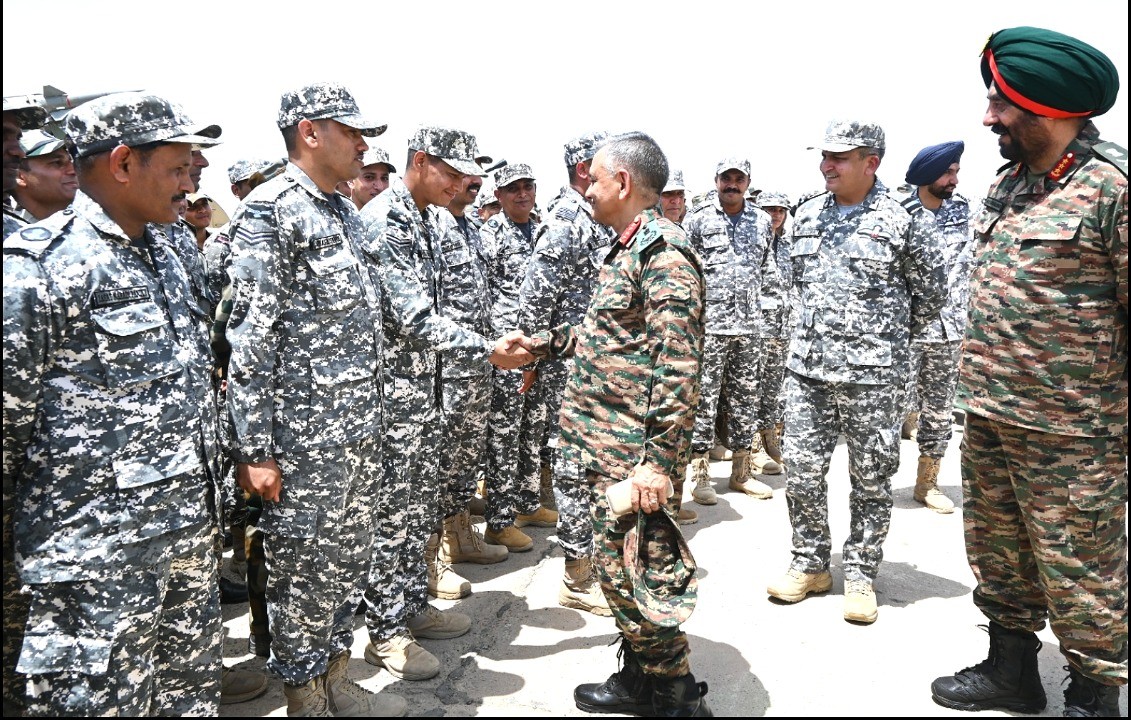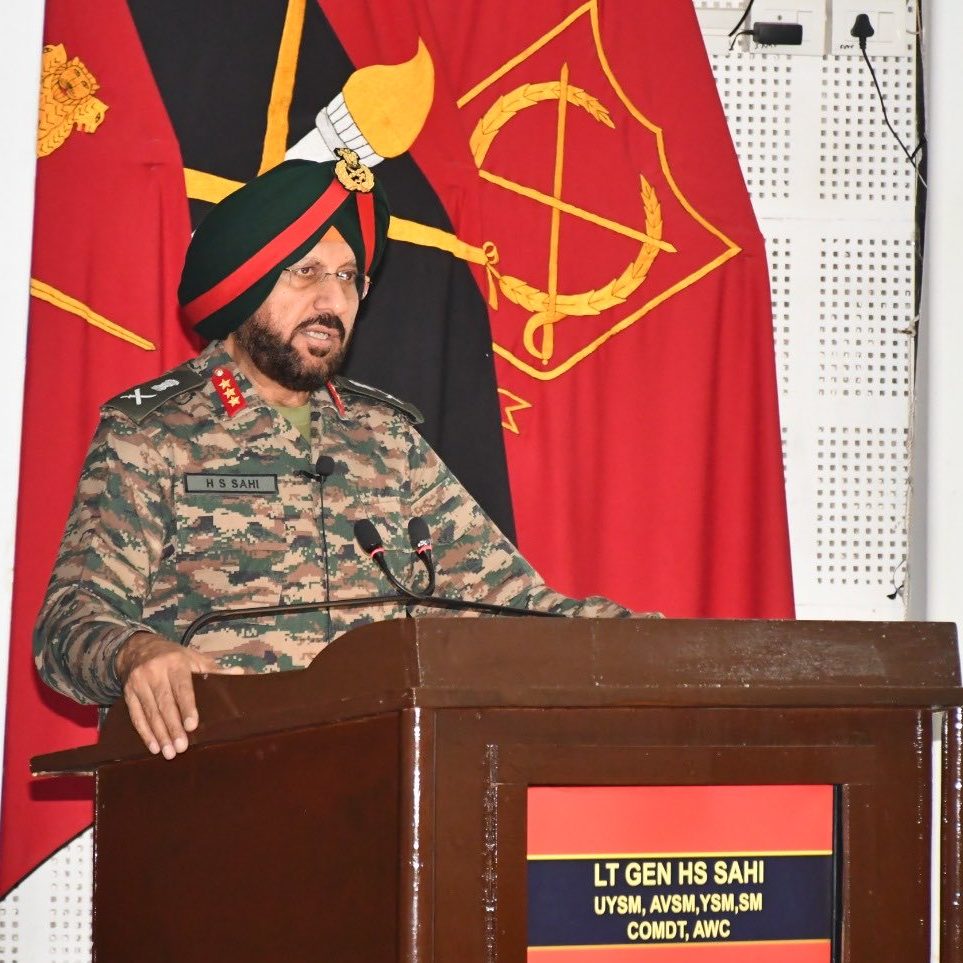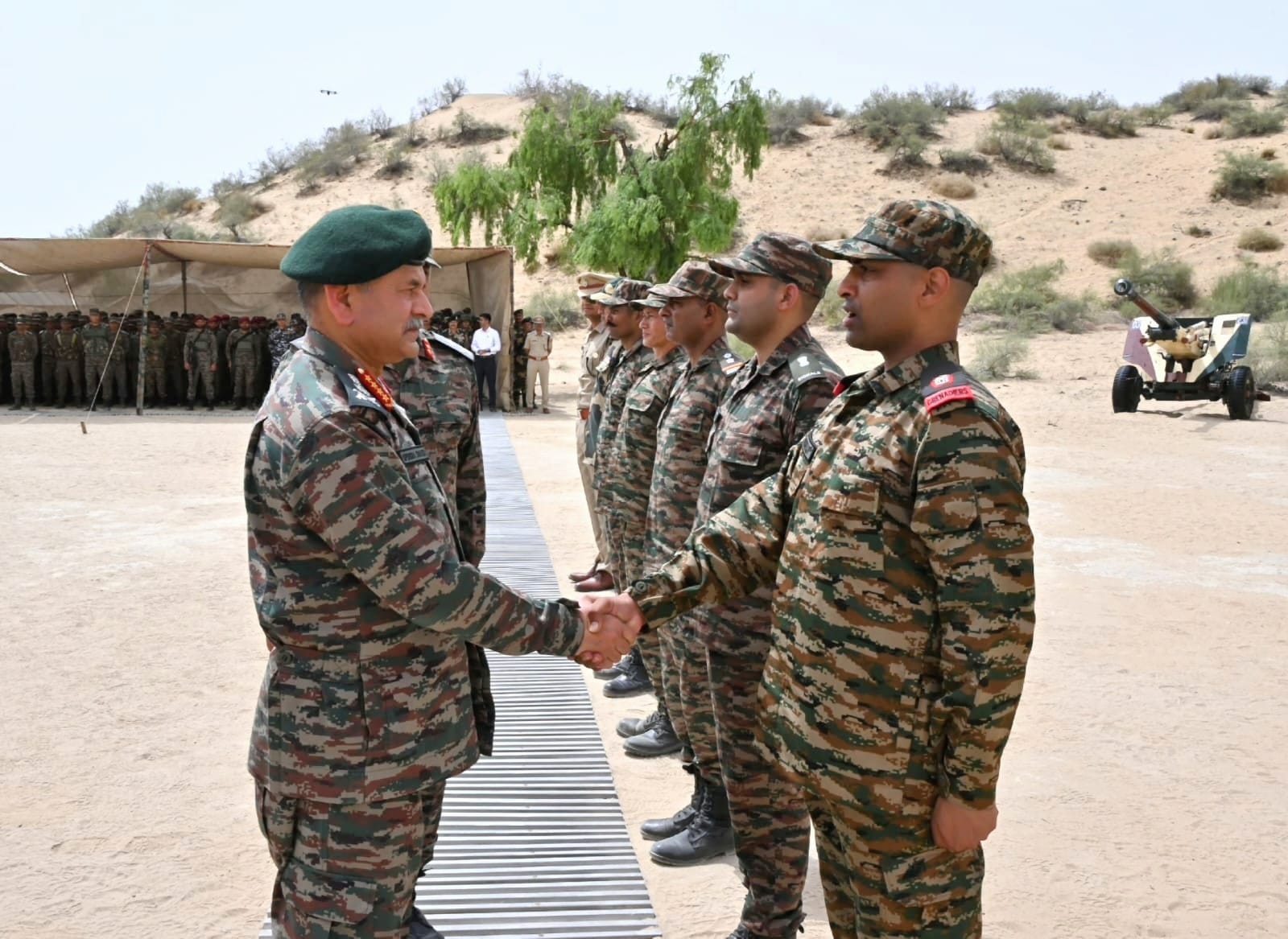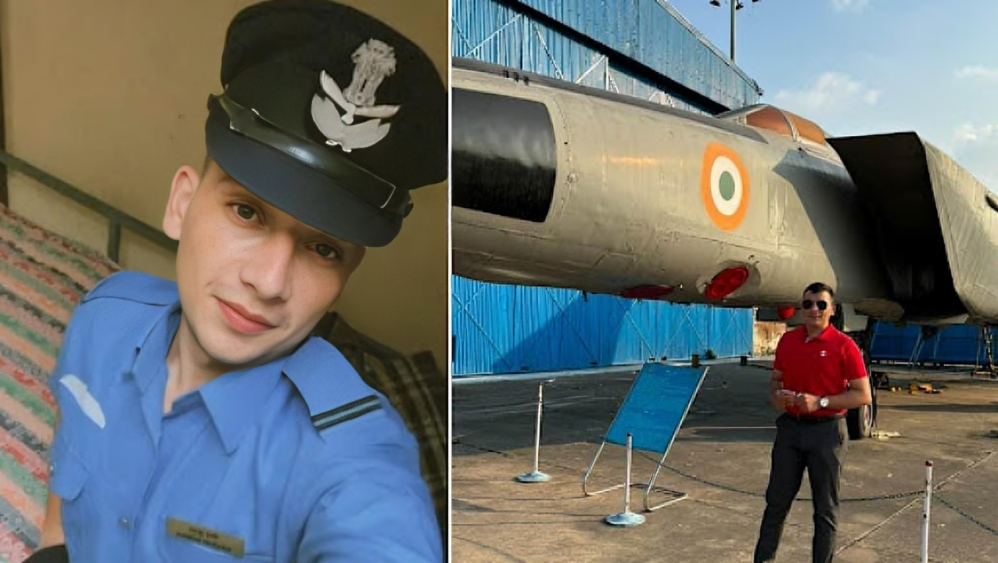Intelligence Based Joint Operation Launched By Indian Army and Other Security Forces in Manipur
In a major boost to ongoing peace efforts in violence-hit Manipur, the Indian Army, in close coordination with Assam Rifles,…
CDS General Anil Chauhan Commends Troops at Suratgarh and Naliya
Chief of Defence Staff (CDS) General Anil Chauhan paid a significant visit to two of India’s most strategically located military…
Lt Gen Harjeet Singh Sahi Welcomes New Batch to Junior Command Course at Army War College
The Army War College (AWC) in Mhow inaugurated a new session of its flagship Junior Command Course today, marking a…
Indian Army Chief Visits Laungewala to Commend Troops for Operation Sindoor Success
In a significant morale-boosting visit, General Upendra Dwivedi, Chief of the Army Staff (COAS), toured the forward positions of the…
Why China Wants to Choke India’s Chicken Neck ‘The Siliguri Corridor’ ?
The Siliguri Corridor, often dubbed India’s “Chicken Neck,” is a strategically critical and narrow stretch of land—measuring just 20–25 kilometers…
Man Impersonating IAF Officer Arrested in Pune
Pune police have arrested a 25-year-old man for allegedly impersonating an officer of the Indian Air Force (IAF) and potentially…






